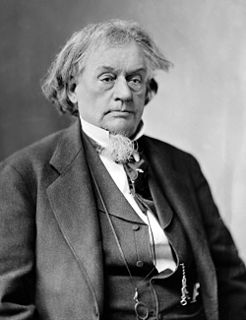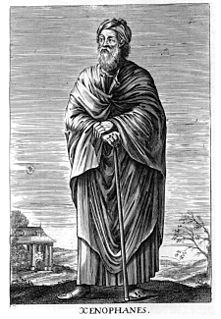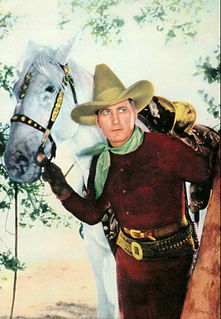A Quote by Jack Kornfield
The emotional wisdom of the heart is simple. When we accept our human feelings, a remarkable transformation occurs. Tenderness and wisdom arise naturally and spontaneously. Where we once sought strength over others, now our strength becomes our own; where we once sought to defend ourselves, we laugh.
Related Quotes
Emotional dependence is the opposite of emotional strength. It means needing to have others to survive, wanting others to "do it for us," and depending on others to give us our self-image, make our decisions, and take care of us financially. When we are emotionally dependent, we look to others for our happiness, our concept of "self," and our emotional well-being. Such vulnerability necessitates a search for and dependence on outer support for a sense of our own worth.
Confronting our feelings and giving them appropriate expression always takes strength, not weakness. It takes strength to acknowledge our anger, and sometimes more strength yet to curb the aggressive urges anger may bring and to channel them into nonviolent outlets. It takes strength to face our sadness and to grieve and to let our grief and our anger flow in tears when they need to. It takes strength to talk about our feelings and to reach out for help and comfort when we need it.
As we make and keep commitments, even small commitments, we begin to establish an inner integrity that gives us the awareness of self-control and the courage and strength to accept more of the responsibility for our own lives. By making and keeping promises to ourselves and others, little by little, our honor becomes greater than our moods.
To possess both wisdom and compassion is the heart of our human revolution. If you have wisdom alone and lack compassion, it will be a cold, perverse wisdom. If you have compassion alone and lack wisdom, you cannot give happiness to others. You are even likely to lead them in the wrong direction, and you won't be able to achieve your own happiness.
The importance of the development of the emotional body is hardly recognized today. We are pretty much left to our own devices to come to full adulthood, whether man or woman. Our elders may have become so denatured themselves from a lack of such nurturance that there is no longer a collective knowledge of how to guide the awakening emotional vitality and authenticity of our young people, our children. Mindfulness may contribute to a reawakening of this ancient wisdom in ourselves and in others.
In order to live fully we may need to look deeply at our own suffering and at the suffering of others. In the depths of every wound we have survived is the strength we need to live. The wisdom our wounds can offer us is a place of refuge. Finding this is not for the faint of heart. But then, neither is life.
It’s in our interest to take care of others. Self-centrednes s is opposed to basic human nature. In our own interest as human beings we need to pay attention to our inner values. Sometimes people think compassion is only of help to others, while we get no benefit. This is a mistake. When you concern yourself with others, you naturally develop a sense of self-confidence . To help others takes courage and inner strength.
Once upon a time our traditional goal in war and can anyone doubt that we are at war? - was victory. Once upon a time we were proud of our strength, our military power. Now we seem ashamed of it. Once upon a time the rest of the world looked to us for leadership. Now they look to us for a quick handout and a fence-straddling international posture.
The mere possession of a vision is not the same as living it, nor can we encourage others with it if we do not, ourselves, understand and follow its truths. The pattern of the Great Spirit is over us all, but if we follow our own spirits from within, our pattern becomes clearer. For centuries, others have sought their visions. They prepare themselves, so that if the Creator desires them to know their life's purpose, then a vision would be revealed. To be blessed with visions is not enough...we must live them!
One of the primary conditions for suffering is denial. Shutting our mind to pain, whether in ourselves or others, only ensures that it will continue. We must have the strength to face it without turning away. By opening to the pain we see around us with wisdom and compassion, we start to experience the intimate connection of our relationship with all beings.




































